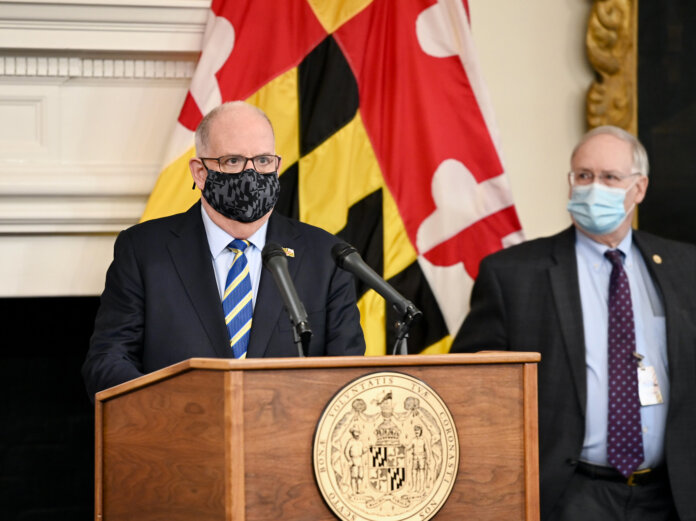Maryland’s Clean Fuels Incentive Program (CFIP) has awarded $1.3 million to five organizations to expand the state’s alternative fueling infrastructure.
The CFIP, created and managed by the Maryland Energy Administration (MEA), supports both the purchase of fleet alternative fuel vehicles and funding to expand the state’s alternative fueling infrastructure and reduce greenhouse gas. The program is designed to permanently “green” Maryland’s transportation profile, which will improve air quality by reducing the consumption of fossil fuels. The fiscal year 2021 (FY21) CFIP awards of $1.3 million will fund an array of clean fuel projects across the state, including one of the largest electric school bus deployments in the country.
“The CFIP expands Maryland’s alternative transportation sector and benefits both our environment and economy,” says Dr. Beth Tung, director of MEA. “With this program, we bring Maryland the first electric school buses and first electric step vans – plus add emission-reduced propane vehicles and build upon our electric vehicle (EV) charging infrastructure.”
Highland Electric Transportation (HET) provides electric school bus services, including acquisition, vehicle financing, maintenance, fueling, charging and charge equipment management to school districts across the country. HET will use their FY21 award of $817,000 to purchase 19 electric school buses, one of the largest deployments of electric school buses in the U.S., that will be used by the Montgomery County Public School district. The use of these electric buses is expected to displace over 520,000 gallons of petroleum and reduce greenhouse gas (GHG) emissions by 50% over the lifetime of the buses.
Peapod Digital Labs (PDL) is the ecommerce engine of Ahold Delhaize USA, one of the nation’s largest grocery retail groups. PDL will use their FY21 award of $100,000 to purchase their company’s first electric fleet vehicles. PDL’s purchase of two electric step vans will be the first deployment of electric step vans in Maryland. This effort kicks off the company’s plan to transition their 119 vehicle fleet based in Hanover to all-electric over the next several years. The vans are expected to displace over 210,000 gallons of petroleum and reduce GHG emissions by 63% over the lifetime of the vehicles.
Jubb’s Bus Service, a school bus contractor in Anne Arundel County, is one of the largest operators of propane autogas school buses in the state. Jubb’s will use their FY21 award of $190,850 to purchase 11 additional propane autogas buses, which are expected to displace over 223,000 gallons of petroleum over the lifetime of the buses.
EVgo is ranked by the U.S. Department of Energy as the largest owner and operator of DC fast-charge public chargers in the country. EVgo will use their FY21 award of $156,0000 to place four public DC fast chargers at two locations in the most heavily populated areas of Bethesda that do not have public fast-charging options.
Electric Vehicle Institute (EVI), based in Baltimore, is an EV charging service company that has installed hundreds of charging stations throughout the state and across the region. EVI will use their FY21 award of $109,915 to place two public fast chargers in Chestertown, previously an underserved area for public EV charging.
The transportation sector is responsible for the majority of Maryland’s greenhouse gas emissions, according to the Maryland Greenhouse Gas Emissions Reduction Act Plan. Efforts like CFIP help reduce emissions while also reducing fuel and maintenance costs for fleets. The FY21 CFIP is a competitive program that was fully subscribed in its first year.
To access more information about Maryland’s CFIP, click here.
Photo: Gov. Larry Hogan





